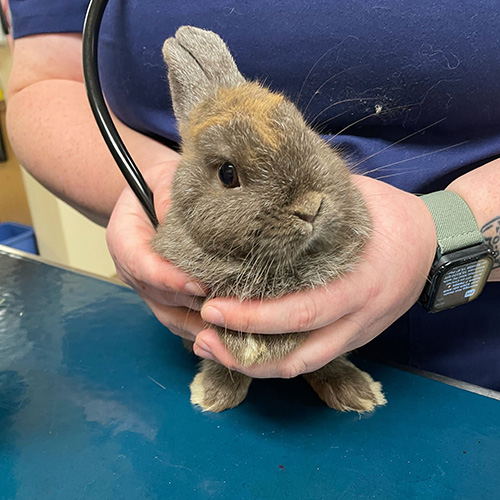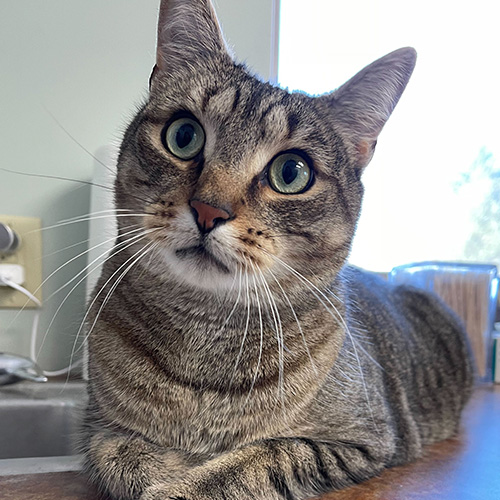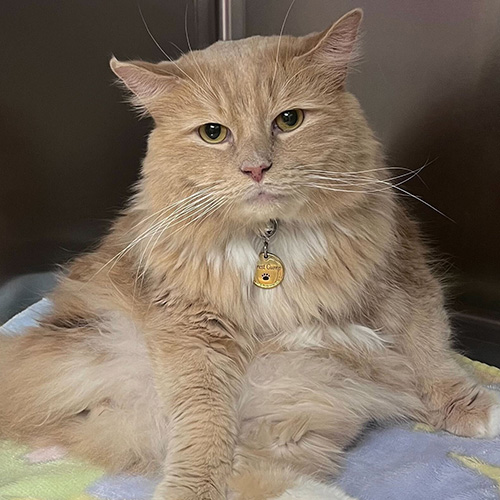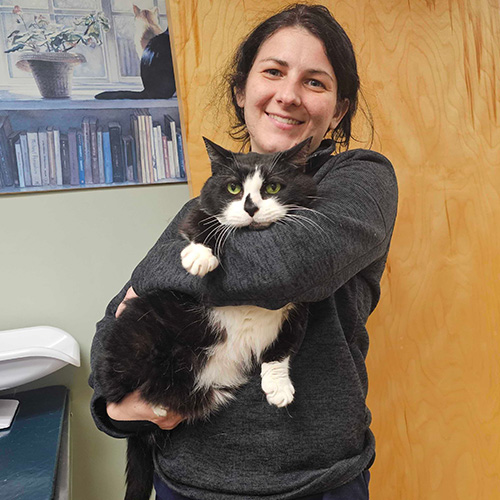Topsham, ME
Welcome To Androscoggin Animal Hospital
Since 1985, we have cared for pets in and around Brunswick and Topsham, Maine, offering a modern facility in a country setting.


About us
We Go Out Of Our Way For Your Pet
At Androscoggin Animal Hospital, we believe all animals deserve the best veterinary care possible. We serve Cumberland and Sagadahoc counties, which allows us to serve residents of several surrounding towns and communities. Our team of highly trained and experienced veterinarians provides a wide variety of veterinary services to meet the needs of your beloved pets.
Our American Animal Hospital Association (AAHA) accredited animal hospital is equipped with the latest in veterinary technology, including a complete on-site laboratory, full surgical facility, comprehensive dental suite, ultrasound, and more.
Veterinary Services
Full-Service Veterinary Clinic in Topsham, ME
Our comprehensive veterinary care covers everything from their playful puppy or kitten days to their cherished golden years. During each visit, our dedicated team conducts thorough “nose-to-tail” examinations, keeping pet owners informed about their furry companions’ health.
Regular CheckUps
Annual checkups are the best way to keep your pet healthy.
Internal medicine
Just like people, pets are susceptible to serious medical conditions that require more in-depth care.
Surgery
Our veterinary team is proficient in both routine and emergency surgeries for soft tissue and orthopedic cases.
Dentistry
Dental disease is the most common and overlooked disease that develops in animals.
Our Veterinarians
Meet Our Extraordinary Veterinary Team
Meet our dedicated veterinary team at Androscoggin Animal Hospital, where experienced and compassionate professionals treat each pet with care and understanding. We collaborate with clients to provide essential resources for maintaining a safe and healthy home environment for their pets. Some of our veterinarians hold Fear Free Certification, emphasizing our commitment to minimizing stress and ensuring a positive experience for pets and their owners. Trust our team to prioritize your pet’s well-being at every step.














